There’s something about Mozez Singh. He has the face of a dreamer, and not the kind that belong to the conventional film lanes of Andheri and Bandra. Yet, this is where he chose to dream.
He speaks softly and expressively, as if he were perpetually in the middle of a particularly absorbing script narration. His debut feature-length film, ZUBAAN, starring Vicky Kaushal and Sarah-Jane Dias, opened the recent Busan Film Festival. One look at the teaser, and it’s easy to imagine Mozez’s contemplative mind space: thoughts that dissolve into more thoughts, lyrical, vivid, with poetic flourishes, whispers and musical crescendos. Immediately, the explosive confines of Riley’s head – from Pixar’s INSIDE OUT – come to mind. He even speaks of his experiences in long, stream-of-consciousness sentences, with a childlike enthusiasm, occasionally grounded by the adults (producers) around him.
Joy, sadness, fear, anger and disgust define Riley’s character, which, down the line, presumably evolves into a quintessential yearning to find oneself, perhaps characterised by the echoey opening lines of Zubaan’s teaser, “What am I? Darkness? Hope? Intent? Stories? Breaths?…or the product of their fusion – Music?”
Here, we speak to him about his life, methods, career, his fascination with music and spirituality, and of course, Zubaan.
Tell me a bit about your journey till Zubaan happened. When did you decide that perhaps filmmaking is the best way to express yourself?
A. I started playing with pencils when i was 5 or 6 years old. I used to sharpen them to different heights, turn each of them into a different character with its own voice and create stories around them. I was the puppeteer. Playing with pencils was my refuge every day after school. It oiled my imagination and kept me alert. It was a solitary exercise with just me and my pencils in the corner of my room doing our thing, but my mind was ticking with the alacrity of a time bomb. I think my journey as a filmmaker started then.
I did this till i was 12 and then went to boarding school where I dropped the habit because I was embarrassed and frightened at the thought of being caught playing with pencils. So, instead, I started to write. I was perhaps the most prolific writer in my batch, writing an article a week for the weekly magazine. Words would pour out of me. I always had so much so say. After boarding school at the Doon School (Dehradun), I did a Liberal Arts degree from Tufts university in America – where I majored in Political Science with a minor in English. But I have never been academically inclined, and for me, the best education was always outside the classroom or in a theatre watching movies. Living in America opened me up to World and Indie cinema; it was an assault to my senses, all this captivating and riveting cinema.
After college, I moved to New York and began working with a record label. Music is another huge love of mine. It was while I was on the shooting floor of music video productions that I began to have a really serious conversation with myself. Stories is what I liked to tell, and what I discovered to my fabulous astonishment while shooting these music videos was that there was a way to bring these stories alive. If I wanted, I could even give myself that power and that privilege. And so, after a few years of living and working in New York, I moved to Mumbai and started my own production company. Initially, I wrote and produced shows for TV, a small Indie film called ‘White Noise‘ and line produced the Hollywood film, ‘A Mighty Heart’. But as the urge to tell stories grew, I decided that the only way to satiate myself would be to direct. And so I started with music videos and talk shows, but in my mind’s eye, all I was thinking of was feature films. It was about then that the idea for Zubaan began to take shape. Today, my production company’s logo has a pencil in it. I’ve been expressing myself for the last 3 decades. The puppeteer has become the director…or aren’t they the same thing?
Music seems to be a major part of your vision. Are there any other recurring themes in the stories you tell, in the worlds you want to create?
A. Identity, the duality of nature, faith/faithlessness, love, jealousy, betrayal and music – no matter what I try and write, these themes will inadvertently show up in my work. It is exasperating sometimes, because as an ardent movie watcher and voracious book reader, I love to watch and read everything and anything that piques my interest and fires up my imagination. But as a filmmaker, my menu seems limited to only these options. And when I try and wrestle them to the ground so that I might get the better of them, I never ever win. It’s almost like all these themes are hardcoded into my dna. But the good news is that I’m able to look at these themes in new ways for different stories. Thus, I’m able to reinvent them. So hopefully, I will never tell the same story twice. Fingers crossed.
And how much do you think your personality reflects in your craft?
A. Immensely. I’m an extremely impatient person and filmmaking is all about patience. So, in order to not let my personality destroy my craft, I have learnt to be patient while filming. Otherwise, I would probably make a movie that was a harried incoherent mess. But I’m also a spiritual person. I have a vibrant internal life, and these things have definitely reflected in my craft and have brought about a sense of peace and calm to my working methods. And without trying to sound too precious, the ability to live a truthful life – where what you get is what you see – is my ultimate and most important endeavour. I hope more than anything else that this honesty will reflect in my craft. There is nothing more nauseous and infuriating than watching a dishonest piece of cinema. I would die a thousand deaths the day I make something remotely close to being a self-absorbed & indulgent ego trip.
They say that a director’s first film is often his/her best and most significant, because that’s when one isn’t yet aware of limitations and abilities. That’s when a voice is only evolving. Then the risks begin to dry up, and everything becomes calculated and safer…
A. I hope this the untruest thing ever. Yes, I do believe Zubaan is a very honest film. I have delved deep inside myself, excavated parts of myself to furnish the story of Zubaan, but I certainly don’t think it’s my best film. The making of Zubaan has taught me so many things. I think I have applied some of these learnings seamlessly, while some may be applied more clumsily, but I’m fortunate to have worked with such a supreme technical team. Between my editor (Deepa Bhatia) and my DOP (Swapnil Sonawane), they have smoothened out all the rough edges. I feel my next film will be more finessed and polished because the making of Zubaan has taught me not only about the process of film making, but so much about myself. Now I know what to do and I know how to do it better than before. And even though the learning never stops, I know now what not to do. And that is the most important type of learning, because no man is Superman; there are some things I do better than the others, and that’s where my focus should lie.
As for the risks drying up, all I know is that the next few scripts that I’m developing are certainly far more daring than Zubaan. I want to push the envelope in every possible way – narratively, technically, emotionally, musically. But on the flip side, an awareness about the business of making movies has also seeped into my brain, and this I want to shun. I don’t think I want the economics of movie making to influence the story telling process. I’m going to fight very hard with my demons to win this one.
I saw a photograph of the Busan premiere – opening film, massive crowd, open-air screening. Looked quite overwhelming. One of the few moments most artists live for – to go on stage and absorb it all. Did you expect such a scale and reaction?
A. It was surreal. Every filmmaker wants the best for his film, and all of them have this dream. To be the opening film at Busan, the biggest film festival in Asia, and to have its World Premiere on such a tremendous scale was something I had never even imagined. It was all so extraordinary that it left me dumbstruck. I was numb for those 5-6 days in Busan. I was robotic and I was just going through the motions, making sure everything was going fine and everyone was looking their best and things were happening on time and all of that.
I only felt the enormity of the experience after I came back to india, when I had some distance from it all. Then, it all sunk in. I saw the speech that I made at the Opening Night on youtube once I got back. I felt like I was watching another person’s speech. I only thank God that I didn’t say anything silly out of nervousness. But then, I wasn’t nervous at all. I actually wasn’t feeling anything. All I wanted was to get the job done right. Blinkers on. I did say I was numb, right?
How was Zubaan born in your mind? Was it a phase, moment or idea?
A. It was none of the above. I remember – when I first started thinking about directing a film, the conversation I had with myself was that I should be true to who I am. That’s all I wanted. And then I started to dig. My process of writing includes 6-8 months of me thinking of the story very intensely, till I am able to filter through these thoughts and arrive at something that has shape and clarity, that can be turned into a story. So, it’s always a long journey. There was never an a-haa! or Eureka moment. I lived it and felt it for a long time. When it started to invade all my thoughts and I knew that I was getting obsessed with it, I put pen to paper. Or rather, fingers tips to keyboard.
What’s your writing process like? I’m curious to know how writers envision a film about music, spirituality and dreams in their minds…so much is left unwritten, and much is instinctive. Does the music come first, or its scenes?
A. Like I said, I first spend a lot of time thinking. And then I do the actual writing. That thinking time for me is sacrosanct and absolutely necessary. It is the foundation for the actual writing process. A lot of the writing happens then and all the things that are relevant in my daily life, like music and spirituality and faith and love, seep into my thoughts like flag bearers of my story. Once planted in my head, I know I have to work with them, because they are emblematic of what I will write about. They are here to stay. And there are no hard and fast rules. Sometimes, the story defines the music and sometimes a song situation will define a flow in the narrative. It could work either way. And I only write in the day. I cannot write at night. I like to think at night. I’m an insomniac. So when I’m lying in bed, unable to sleep, all I mostly do is – think. It’s a very important time of the day (or night, rather) for me.
Tell me about working with your crew, and how much you – as a first-time director – learned from them, and vice versa.
A. I had the best crew. From my two brilliant producers- Guneet Monga & Shaan Vyas – to everyone else who worked on the film, it was all superb and seamless. Everyone worked really hard, but we also had so much fun making the film. I mean, it was a tough shoot – most shoots are – but we had a blast. We were like an extended family and I literally don’t remember one bad experience throughout the making of Zubaan. There was and still is a love energy, a feeling of great camaraderie flowing through Zubaan, and I’m so thankful for it. It would be presumptuous of me to assume that anyone learnt anything from me so I cannot talk about that, but what I learnt from working with everyone was that I have to park my ego at the gate, every day before I come to the set. Sometimes, the bestest ideas come from the people you wouldn’t expect them to come from. Because everyone in the unit is only feeding the vision of Zubaan, I as the director have to be the sponge, soaking in everything from here, there and everywhere, and I have to be absolutely non-judgemental about this. However, if I am to be open to all opinion and feedback and criticism, then I also have to know my film better than anyone else. In the end, as terrific as someone else’s idea may be, if it is not serving the film in the way that is essential to the story, I need to have the power to say no to it.
How much did Sarah-Jane’s musical interests and background help during the making of your film? Did you always have your actors in mind while writing it?
A. I was dead keen on casting a girl who was a singer in real life. Mostly, for that body language. I wanted the girl to have that free, limbless quality to her. It’s something that young female singers have and it’s very, very sexy. There is something so inviting and open about it. So, when Sarah walked into my office for the audition, this was the first thing I noticed about her. And then when she told me she was a singer and an actor, sparks started to ignite in my brain. I made her audition a few times and she was consistently great. It’s like she had her name written all over the part of Amira. She was the first actor I confirmed for the film. And then she waited very patiently till I signed the others.
With this film, I had no idea who I was going to cast while writing it. I may have indulged in dreaming about the big, established actors, but those were foolish daydreams, because I knew I would be working with newer, more unknown actors. I found Vicky after auditioning almost 400 boys for the part. I can never forget his audition. He was electric. I’m proud to have discovered Vicky and given him his first leading role in a Hindi film. I obviously didn’t write the part with him in mind, but once he came on board, it felt like I had written the part for him. He fit the role hand-in-glove.
What kind of films, genres and stories do you love watching? How much of those influence your creations?
A. I watch everything. I love movies. Period. And everything that I watch influences me. Sometimes, the greatest inspiration for a song comes through a horror film, and sometimes the genesis of a dramatic confrontation lies in comedy. What I find most interesting and challenging as a film maker is to be able to absorb different genres into one film, and still go ahead and make a coherent piece of cinema. It’s always the contradictions that make me jump for joy.
ZUBAAN OFFICIAL TEASER:

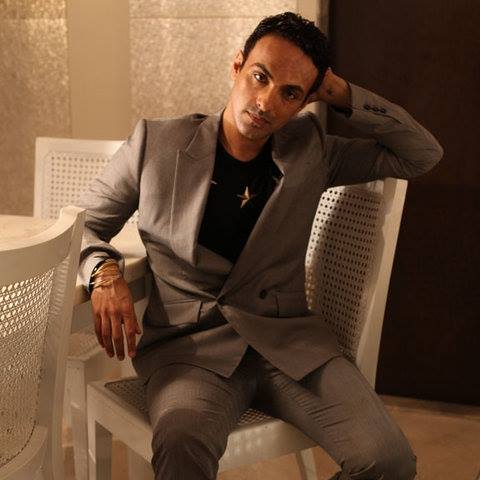
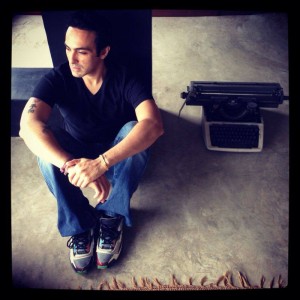

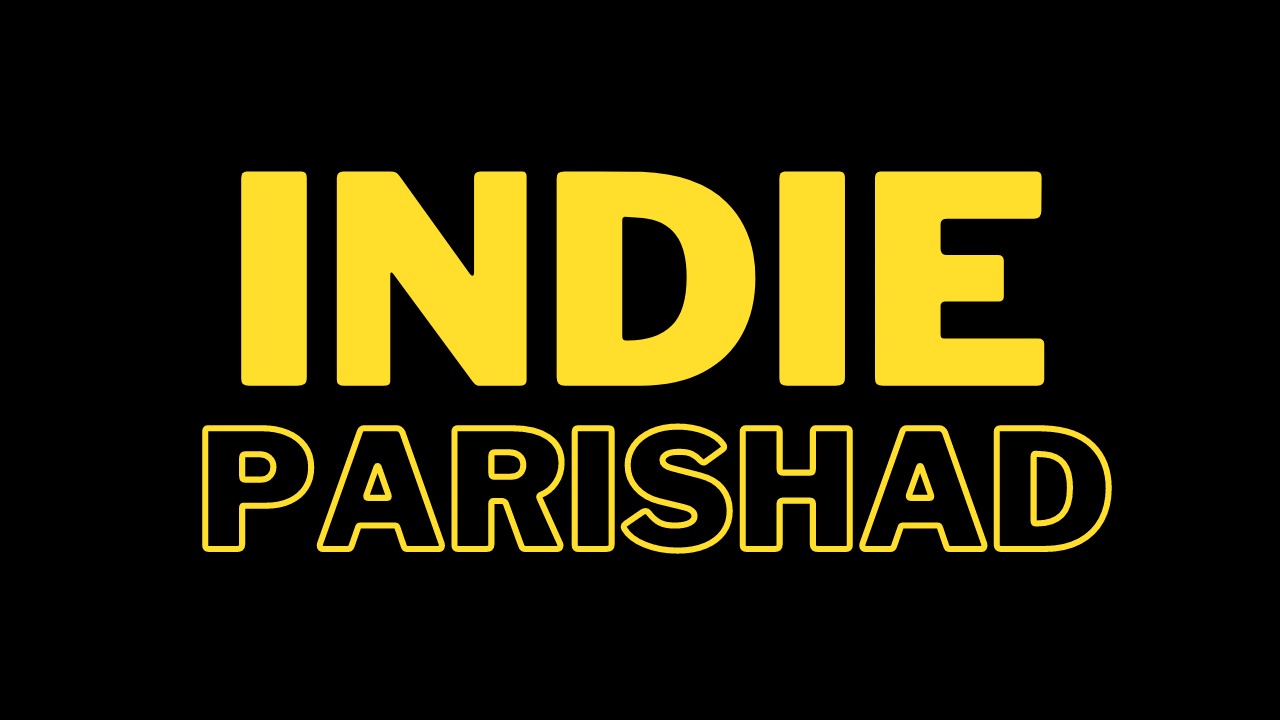
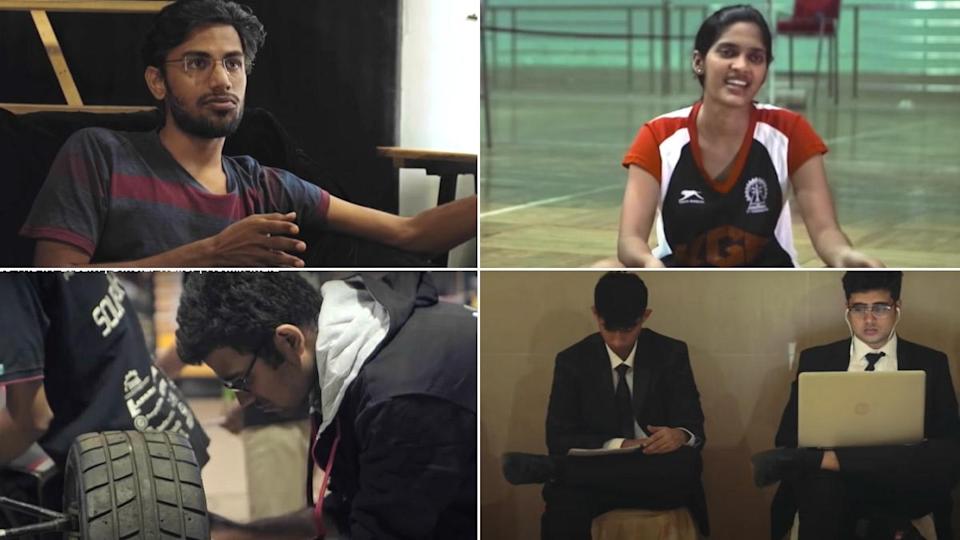
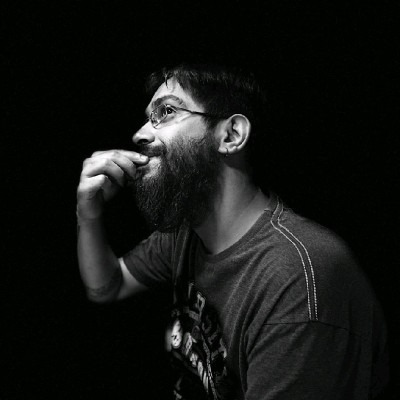

Leave A Comment
You must be logged in to post a comment.